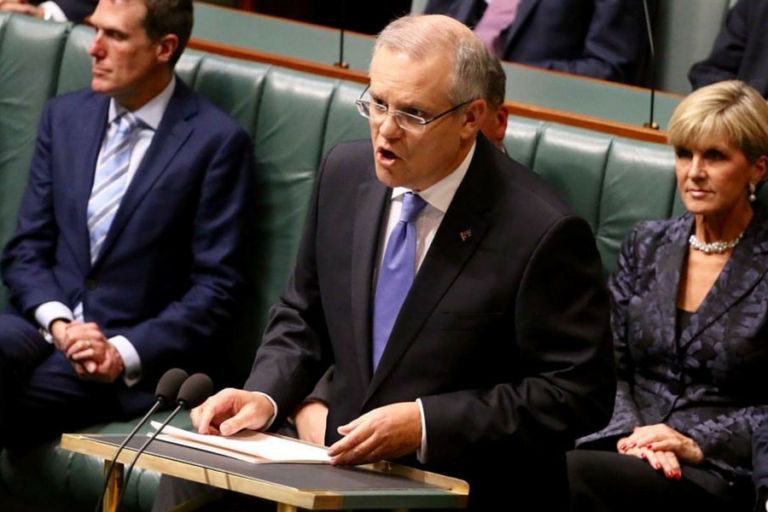After striking a last-minute deal with the three Nick Xenophon Team (NXT) senators on Friday evening, the government saw a number of the tax cuts for businesses proposed in its 2016 Budget passed by the Senate.
A company tax cut will have companies with an annual turnover of up to $10 million pay tax at a rate of 27.5 percent, a reduction of 2.5 percent for the current financial year.
As of the 2017-18 financial year the drop will be extended to companies turning over up to $25 million, and to those turning over up to $50 million in the 2018-19 financial year.
The government’s full 10 year plan would see the lower rate applied to all corporate tax entities by the 2023-24 financial year, and further reduced in stages to 25 percent for all entities by the 2026-27 financial year.
In a joint media release, Prime Minister Malcolm Turnbull, Treasurer Scott Morrison, and Finance Minister Matthias Cormann said, “Company tax is a tax on workers, a tax on jobs and a tax on wages…this reform will deliver jobs and increase wages. It is an excellent outcome for Australian workers and their families.”
It’s estimated that 870,000 Australian companies with a turnover of less than $10 million, employing 3.4 million people, will benefit from the cuts, with 10,000 more to benefit when the cuts are extended to those turning over up to $50 million.
The cuts were agreed upon by NXT’s senators in exchange for a range of concessions around energy prices, including one-off payments to pensioners to help them pay their electricity bills.
The government has also agreed to look at other measures including increasing gas supply, accelerating solar development, and an inquiry from the Productivity Commission.
The cuts have had a positive reaction from the business community, with Jennifer Westacott, CEO of the Business Council of Australia, called Friday’s news an “historic step towards rebooting Australia’s international competitiveness and prosperity”.
Tim Reed, CEO of MYOB, agreed, “The confirmed changes will encourage small business to invest, take on more employees and grow. It’s a good day for Australian small to medium sized businesses, their employees and the whole community.”
Reed believes that, thanks to the cuts, SMEs will be encouraged to grow beyond $2 million in revenue.
“We hope the Government is able to secure support for its ongoing programme of company tax cuts. The simple fact is that lower corporate taxes across the board would have made Australian business more internationally competitive,” he said.
Westacott also warned on Sky News that the two-tier company tax system may see growing businesses look at “doing business planning for tax planning and that’s the main thing”.
“You start carving off bits of your business because if we’re going to 25 per cent, it’s quite material,” she said.
Looking at startups, Bane Hunter, executive chairman at GetSwift, said, the changes will help enable business growth “at the smaller end of town”.
“Tax manoeuvres like this encourage international companies like us to employ more people in Australia than elsewhere. When you are paying tax in more than one country, whether it’s Australia, the US or the UK, tax cuts like this are a strong incentive to build the business more in Australia,” he said.
“But ideally, a slightly more aggressive tax cut for smaller companies would be more beneficial. Small companies have the highest potential for failure, but at the same time have the highest potential for strong and sustained job creation. More importantly, they are a critical element of a well-functioning business community.”
The Opposition, which has opposed tax cuts for businesses turning over more than $2 million, has refused to disclose whether it will repeal the cuts if it wins the next election, leading to the government and the Australian Council of Trade Unions (ACTU) today calling on the ALP to make its position known.
The tax cuts and discussion around jobs and wages growths comes after the Opposition won support from Senate cross benchers last week to pass a bill preventing cuts to Sunday penalty rates. With the bill being introduced into the Senate, it will now head to the House of Representatives.
Image: Scott Morrison. Source: abc.net.au




















Trending
Daily startup news and insights, delivered to your inbox.